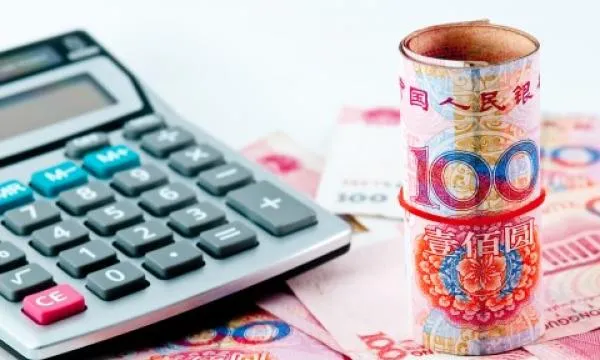
Hong Kong's 2018 budget surplus dropped 57% to $58.7b
This was partly blamed to weakened revenues of land premium and stamp duties.
Financial Secretary Paul Chan Mo-po announced during the Hong Kong Budget 2019 that they are expecting a surplus of $58.7b for 2018-2019, a plunge of 57% YoY from the $149b in 2017-2018.
This was partly attributed to the revised government revenue of to $596.4b, representing a 1.3% dip from the original estimate, as revenues of land premium and stamp duties dragged it down.
The land premium revenue is at $115.9b, which is a $5.1b drop than the original estimate as two sites were unsuccessfully tendered. Meanwhile, stamp duty revenue is at $80b, $20b less than the original estimate, as a result of smaller-than-expected trading volumes brought by adjustments in the property and stock markets over the year.
The revised estimate of government expenditure is $537.7b. This was driven by the lower than the original estimates of expenditures on certain policy initiatives and public works projects
Mo-po also stated that Hong Kong’s economy grew by 3% in 2018 and is expected to expand 2%-3% in 2019. The region’s economic growth slowed from 4.1% during H1 2018 to 2.1% in H2 2018. Economic growth in Q4 stood at 1.3%, which is the lowest since Q1 2016.
Forecasting a surplus of $16.8b
Chan is expecting a surplus of $16.8b in the Consolidated Account in 2019, which includes bringing $21.2b from the Housing Reserve. Fiscal reserves could reach $1.2t by the end of March 2020, representing a 39.4% of GDP.
Total government revenue for 2019-20 is also estimated to be $626.1b whilst earnings and profits tax is estimated to be$235.9b.
Land premium revenue is expected to go up by 23.3% YoY to $143b from the revised estimate for 2018-19. However, stamp duties revenue would fall 5% YoY to $76b.
Chan estimated that recurrent expenditure on education, social welfare and healthcare in 2019-20 occupies 60% of government recurrent expenditure, exceeding $250b in total.


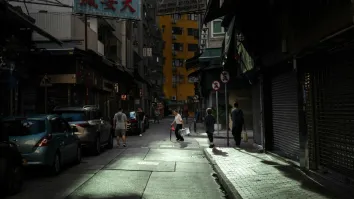
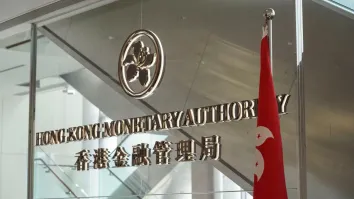


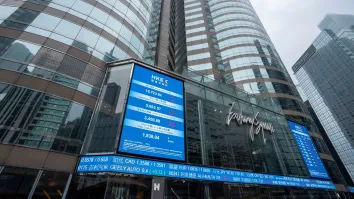








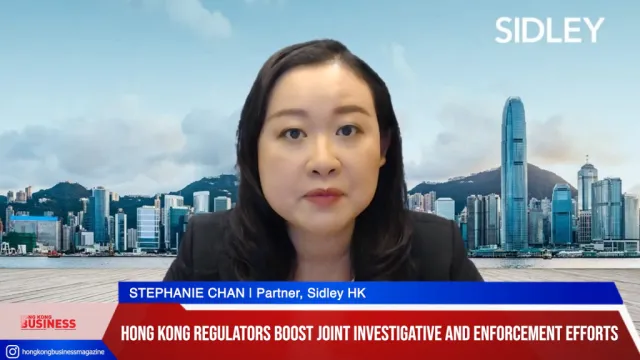
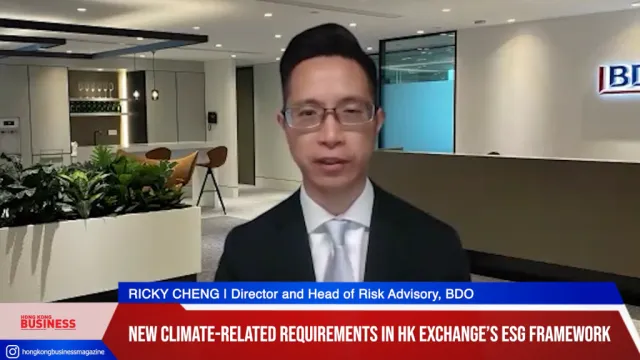
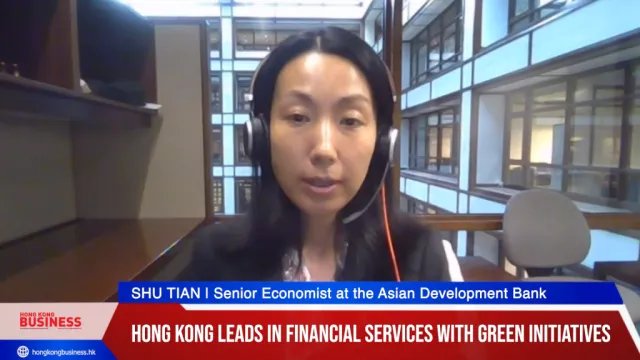

 Advertise
Advertise






